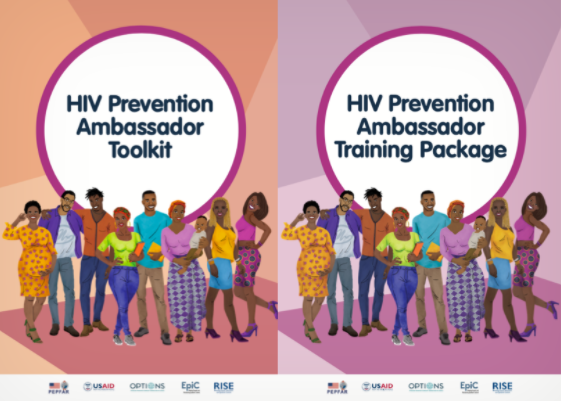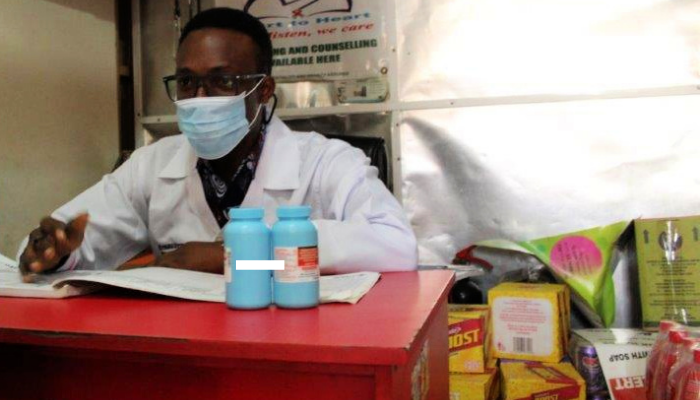
Category: Announcements


Sustaining access to HIV treatment in Indonesia through the Jak-Anter antiretroviral treatment home delivery system

New training package and toolkit support rollout of oral PrEP for HIV prevention

EpiC hosts virtual learning collaborative on decentralized drug distribution: Recordings and presentations now available!
LINKAGES and EpiC at AIDS 2020 Virtual
COVID-19 and HIV: New programmatic resources from the EpiC project
Strategic considerations for mitigating the impact of COVID-19 on key-population-focused HIV programs
Who was Dr. Sidibe Garangué Souko? A tribute to Mali’s pioneer of sex worker programming
Qui était Dr Sidibe Garangué SOUKO ? Un hommage à la femme pionnière de la programmation pour les travailleuses du sexe au Mali

